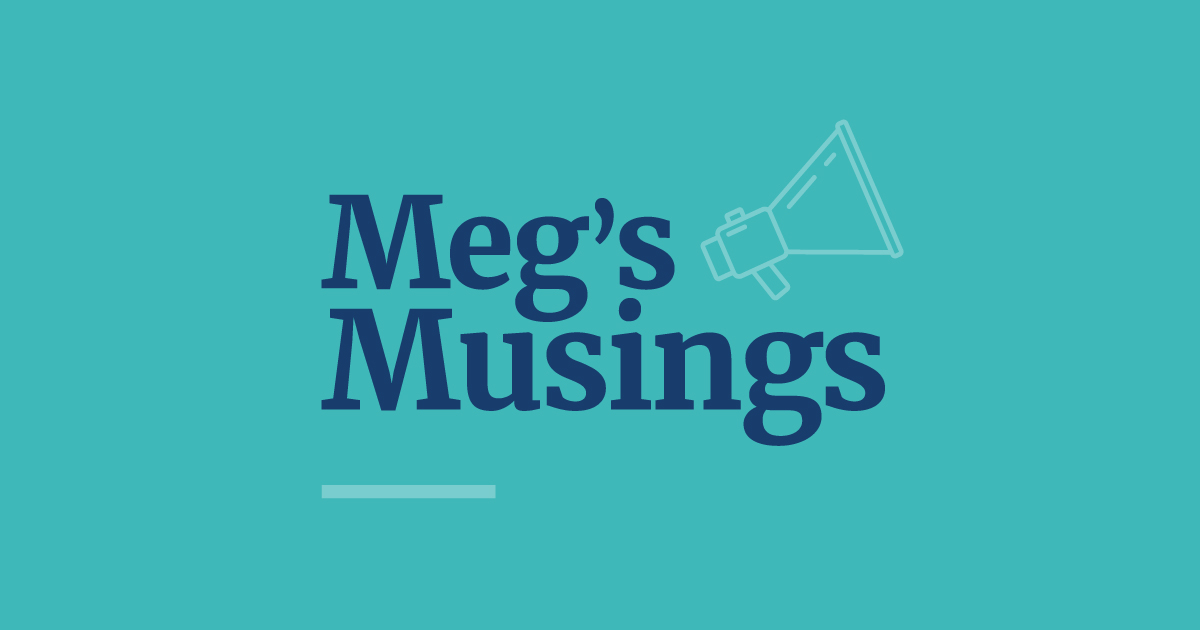
Meg Heffron
Managing Director
Independence is certainly a hot topic these days – right now, the conversation is specifically for auditors. But certainly it’s been a big area of discussion for advisers in the past and is a term I suspect we all throw around at different times with slightly different meanings.
Let me suggest a controversial view: no-one is ever completely independent, the important thing is to get as close as we can.
Regulators often talk as if they are independent and commercial organisations are not. But even regulators need to demonstrate relevance (and big scalps are useful here) to keep or grow their budgets.
Advisers who don’t take commissions are allowed (by ASIC) to call themselves independent but in reality the two don’t automatically come together.
I often talk about Heffron being “proudly independent”. I guess when I use the term in that way I mean we’re privately owned, we can run our own race and the people who love, care about and work in the business get to decide what’s right for us and our clients.
But is Heffron really independent of everything? Of course not, we need SMSFs to remain a vibrant part of the superannuation landscape. We also employ people and pay taxes. We have vested interests just like everyone else, they’re perhaps just about different things.
So how do we try and get as close as we can to independence so that we can metaphorically look ourselves in the eye and say we think we’ve always done the right thing by our clients?
I think this is where having no distance at all between the people who own the company and the people who decide how it behaves is hugely valuable. When the ultimate decision makers have personal relationships with clients, it is often even more obvious and easier to see the right thing to do. It’s also easier to put our clients at the core of what we do. And in fact when we make poor decisions or our service doesn’t live up to our clients’ (and our own) expectations, many of our clients feel close enough to real people in our business to let us know. Then we can fix it – a true competitive advantage.
It also means we’re able to set a level of internal governance that’s “just right for us at this time”. We can move quickly and transparently without form over substance committees and sign offs.
There are many things we’ve done at Heffron that might not have been possible if we’d had to work within the typical framework for a larger business. I’d like to think that has been valuable for our clients. I love the fact that when we hit on something new that works, we can pursue it. Equally, when we hit on something that doesn’t we can let it drop and change direction. Feedback is loved, listened to and acted on. That feels very powerful in a world that is changing constantly and rapidly.
(To be fair, there are also probably a lot of mistakes I’ve made along the way that might have been avoided with more governance.)
All in all, I think our “pretty close to independent” works for our clients and for us. It certainly creates a unique culture that I loved being part of in 2020 and for the previous 22 years.
Follow these links to find out more about how we support you including more on the Super Toolkit and Super Companion.
This article is for general information only. It does not constitute financial product advice and has been prepared without taking into account any individual’s personal objectives, situation or needs. It is not intended to be a complete summary of the issues and should not be relied upon without seeking advice specific to your circumstances.



